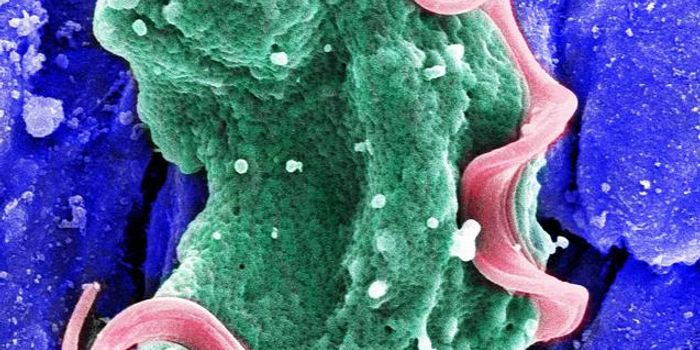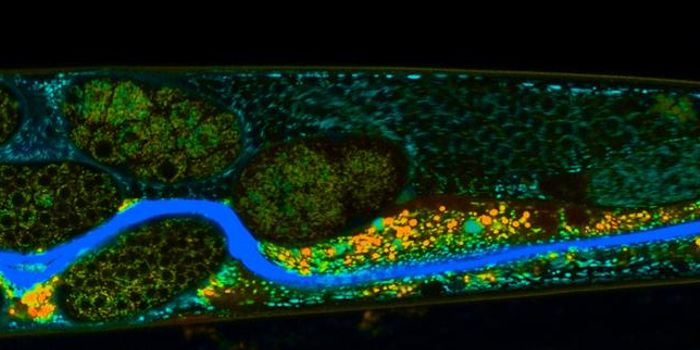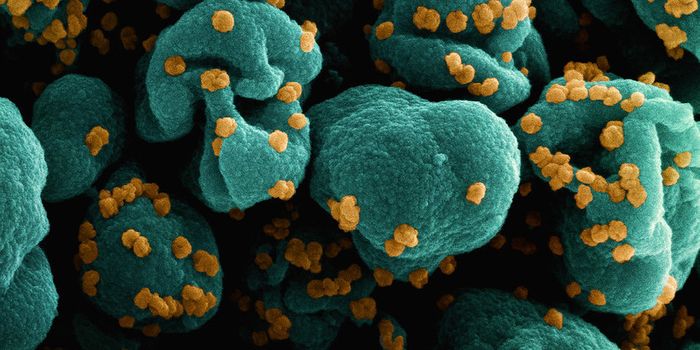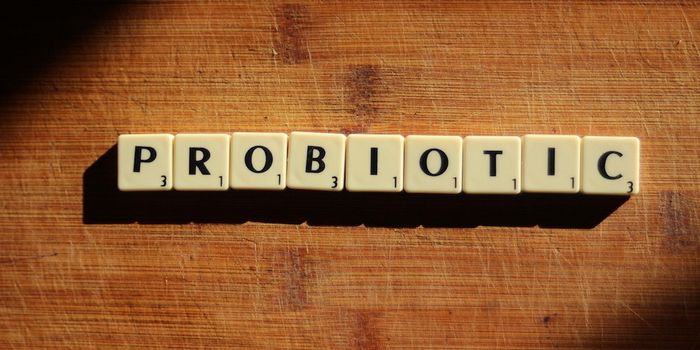How THC Can Help Relieve a Respiratory Disorder
Acute respiratory distress syndrome (ARDS) occurs when fluid builds up in the sacs in the lungs that hold air, and the lungs won't fully expand. That causes oxygen levels in the blood to drop or increases blood carbon dioxide levels, disrupting the supply of oxygen to the body's organs. ARDS can be caused by a variety of problems including smoking or infection, like a Staph pathogen that releases a bacterial toxin called Staphylococcal enterotoxin. Around 190,000 Americans are diagnosed with ARDS each year.
Researchers have now found that ARDS caused by Staphylococcal enterotoxin is totally preventable by treatment with THC (Δ9-tetrahydrocannabinol), a psychoactive compound found in marijuana. This work, which has been reported in the British Journal of Pharmacology, also suggested that it may be possible to use this strategy to treat ARDS caused by COVID-19.
"Acute respiratory distress syndrome is triggered by a variety of etiologic agents. Currently, there are no FDA-approved drugs to treat ARDS because of which the mortality rate is close to 40 percent. Our studies suggest that THC is highly effective to treat ARDS and thus, clinical trials are critical to investigate if this works," said Dr. Mitzi Nagarkatti of the University of South Carolina (UofSC) School of Medicine, Department of Pathology, Microbiology and Immunology.
Most ARDS patients require a ventilator. It's estimated that 25 to 40 percent of these patients will not survive.
Staphylococcal enterotoxin activates immune cells and can trigger a massive response that includes the production of high levels of cytokines. The resulting 'cytokine storm' can cause organ failure and lead to death. Cytokine storms are also seen in severe COVID-19 cases, which suggested to the researchers that cannabinoids like THC may be a useful treatment for these patients.
"Cytokine storm is a huge clinical issue which leads to multiorgan failure and often death. It is also seen in COVID-19 patients, and there are no effective treatment modalities against this syndrome. We have been working on cannabinoids for over 20 years and found that cannabinoids such as THC are highly anti-inflammatory. Thus, our studies raise the exciting suggestion to test THC against ARDS seen in COVID-19 patients," said Dr. Prakash Nagarkatti of UofSC School of Medicine, Department of Pathology, Microbiology and Immunology.
This study also demonstrated that Staphylococcal enterotoxin alters the microbiome and promotes the growth of microbial pathogens. THC can work on this problem too, by encouraging the growth of beneficial microbes that reduce inflammation, potentially preventing lung damage.
For many years, the Nagarkattis have been investigating plant-derived compounds that may be useful therapeutics for reducing inflammation. They have previously shown that cannabidiol, also from cannabis, can help treat autoimmune hepatitis. Their work suggests that cannabinoids may help treat other autoimmune and inflammatory conditions like multiple sclerosis and colitis.
Sources: AAAS/Eurekalert! via University of South Carolina, British Journal of Pharmacology









